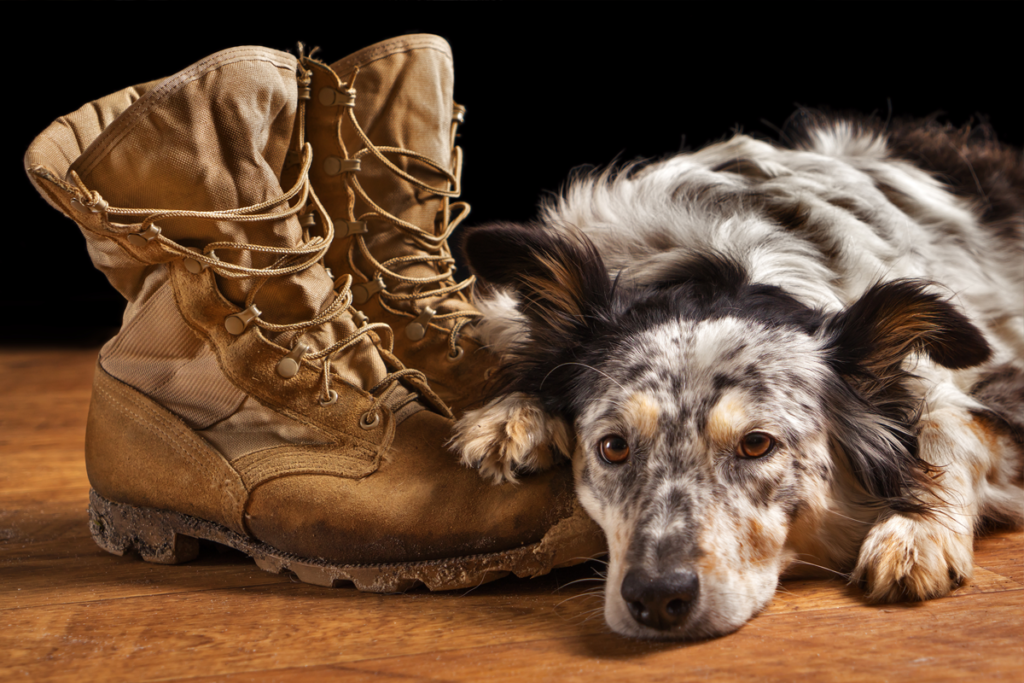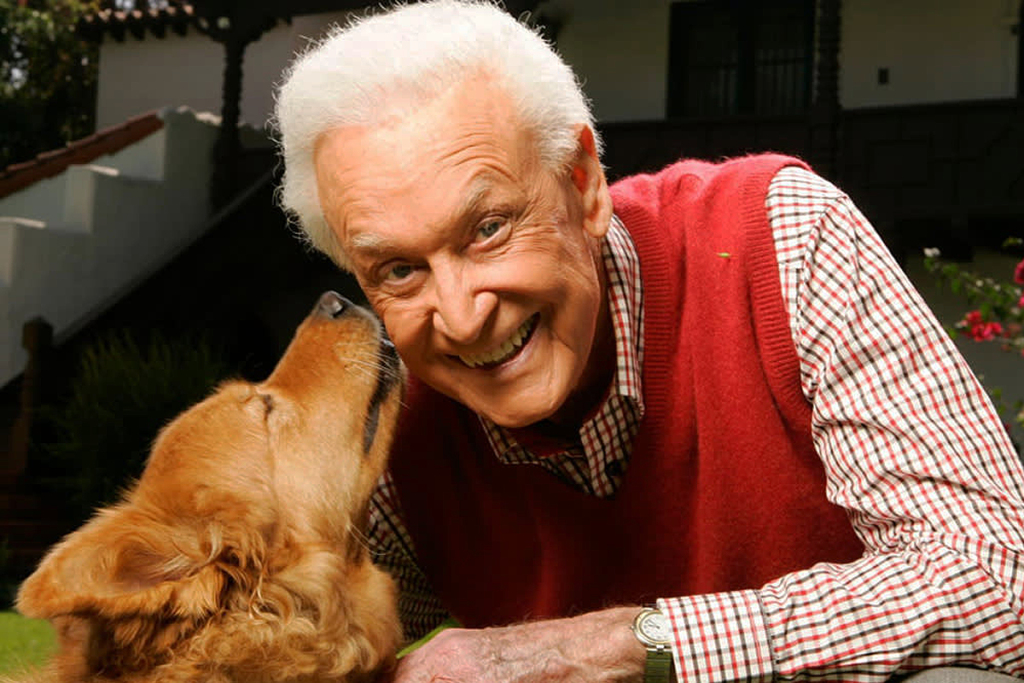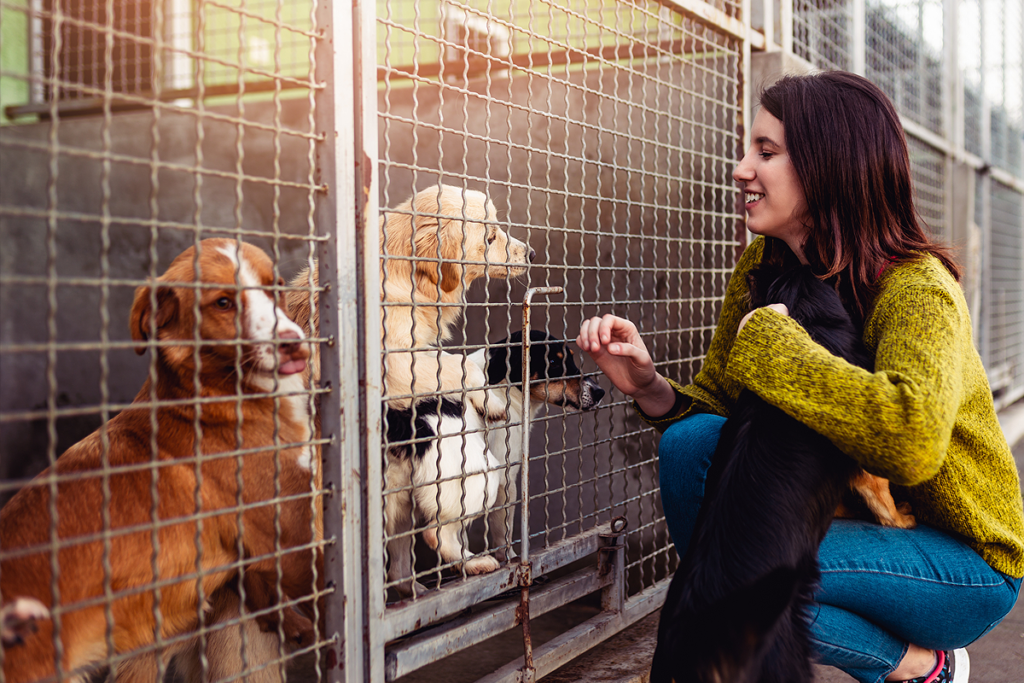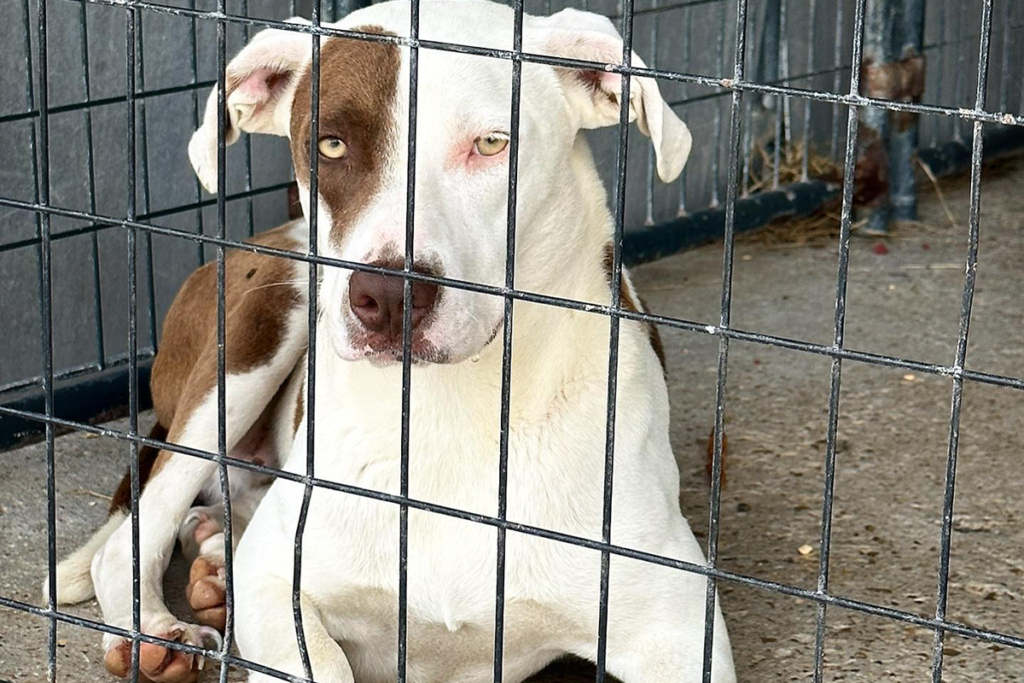When pets come into our lives, it’s not long before they make their way into our hearts as well. And soon, they become a part of us in a way that makes us wonder what we would do without them. All too quickly, gray hairs appear sprinkled across muzzles and extra naps in the sun replace hours spent chasing catnip-filled mice. While this phase of their lives can bring tinges of sadness, the senior years are also one of the most cherished times you’ll spend with your pet. They relish quiet moments with you, leisurely walks and shared treats.
This month is National Senior Pet Month, which not only celebrates senior pets, but encourages those looking for a new friend to consider adopting a mature one. Senior dogs are one of the most at risk groups in shelters, as they’re usually the last to be adopted. They spend up to 4 times longer than a younger dog, with a 25% adoption rate, compared to the 60% adoption rate of younger dogs and puppies.
The statistics are just as grim for elderly cats. About 82% of kittens get adopted, but as they get older the likelihood drops, and once they pass around 18 months old, only 60% of cats get adopted.
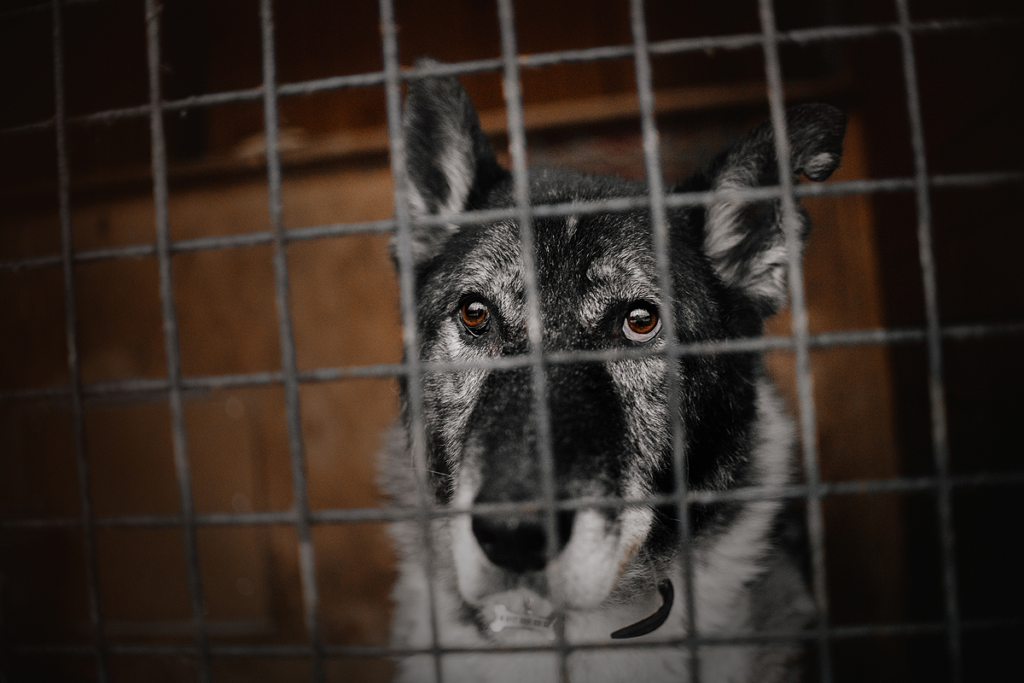
Those puppies and kittens grow up though. Dogs and cats become seniors at different points in their lives. Cats are thought to be senior between the ages of 7 and 11, while dogs are considered senior between the ages of 7 and 9 (large breeds will become senior sooner, while small breeds become senior later). Statistics from the American Animal Hospital Association reveal that at least 28% of the nation’s dogs and 25% of the nation’s cats are considered mature pets. Yet, it’s a sad reality that pets over the age of five are often overlooked in animal shelters and are less likely to be adopted than younger pets.
It’s important to keep in mind that age is not a disease — older pets can be just as healthy as younger ones!
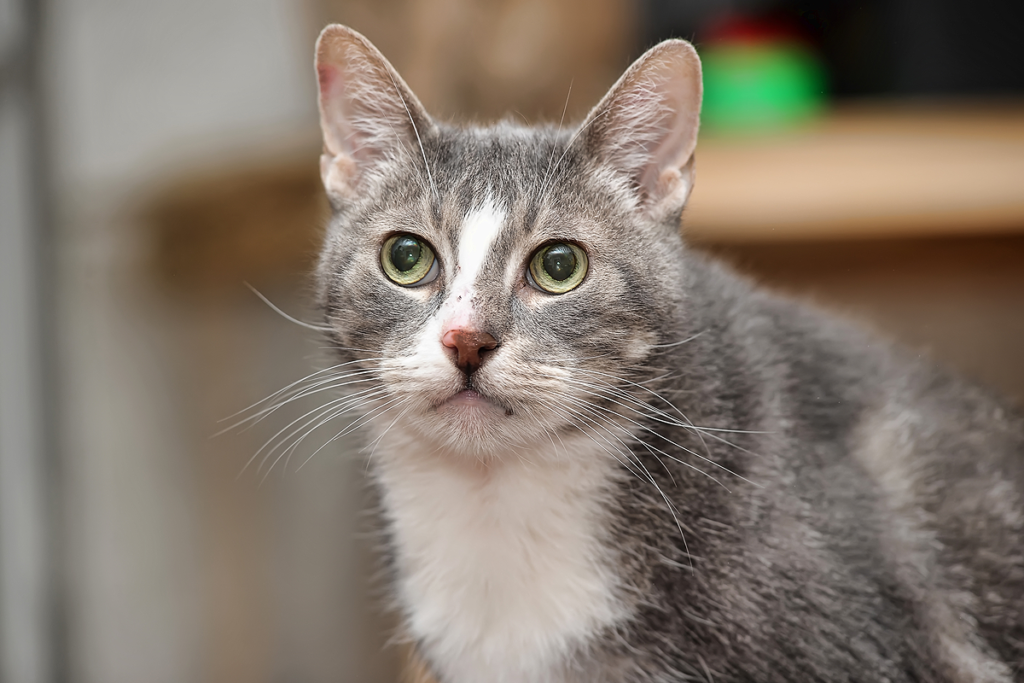
“After about 12 years of volunteering in animal shelters, what I noticed was the older dogs that I fell in love with were getting passed over for puppies.”
– Sherri Franklin, Founder and CEO of Muttville Senior Dog Rescue
Franklin vividly remembers when of her favorite dogs at the shelter, a cheerful 8-year-old Beagle Basset, who was euthanized for space because given her age, she wasn’t considered adoptable.
“I knew I had to do something,” Franklin said. “I started taking home dogs one at a time, fixing them up, getting them to see my vets and finding them homes on my own.”
It was such a large mission, which led Frankin to start a nonprofit in 2007. In the past 17 years, Muttville Senior Dog Rescue has saved over 9,000 senior dogs.
But there are many reasons why a senior animal could be the perfect addition to a home.
WITH AGE, COMES WISDOM
One of the many perks of adopting an older pet is that they often have prior training, meaning they can be extremely adaptive in new households. With many senior pets having once been part of another family, they are already accustomed to living in a household around people and other animals. Unlike younger pets, many older companions often require minimal training, allowing you to focus more on building a strong bond and creating lasting memories. They need just as much love as puppies do, and they may not need extensive training sessions, making the transition smoother for all.

EASY LIKE SUNDAY MORNING
In addition to their unique, lovable demeanor, senior pets often possess a wonderful gift; a naturally calmer temperament. In many cases, their maturity and life experience can contribute to a more stable disposition, which is perfect for households with young children or babies. Senior pets are also often more likely to exhibit patience; just another reason why they can be excellent companions for your little ones.

Introducing older animals to a new space with pets tends to be easier due to their past experiences being around other pets. A senior pet is less likely to have a changing personality than a younger pet would, having grown out of younger habits. It is important to note that while senior cats and dogs are likely to be calmer, every animal is different, and past experiences play a significant role in their personality at all ages.
Often, senior pets are fostered rather than housed at your local shelter. This is because older dogs and cats often have a harder time in the shelter environment after spending most of their lives in a comfortable home. The foster parent will likely be able to give you some real-world insight into how your prospective pet has done with other pets, children, and even a variety of sights, sounds, and objects in the home. If the dog or cat is being fostered, your local animal shelter or foster organization will need to coordinate a time for you to meet with your potential pet.
SUGAR FACES
When you adopt a senior pet, you’re giving them a stable, loving home to live out their years — and they’ll repay you in joy and all the couch snuggles you can handle.
Anyone who rescues a dog or cat, will tell you they’re different…in the most special way. I have always cherished the later years with my rescues. Their bodies often get tired long before their mind, and in those slow, relaxing days we’re able to let each other know how grateful we are to have each other. The start they had in life may not have been easy or kind, but their senior years can be. While you’ve just read the many reasons adopting a senior pet, perhaps the most important is that it’s simply a wonderful thing to do as a human being – as trusted tenders of our cherished companion animals.


